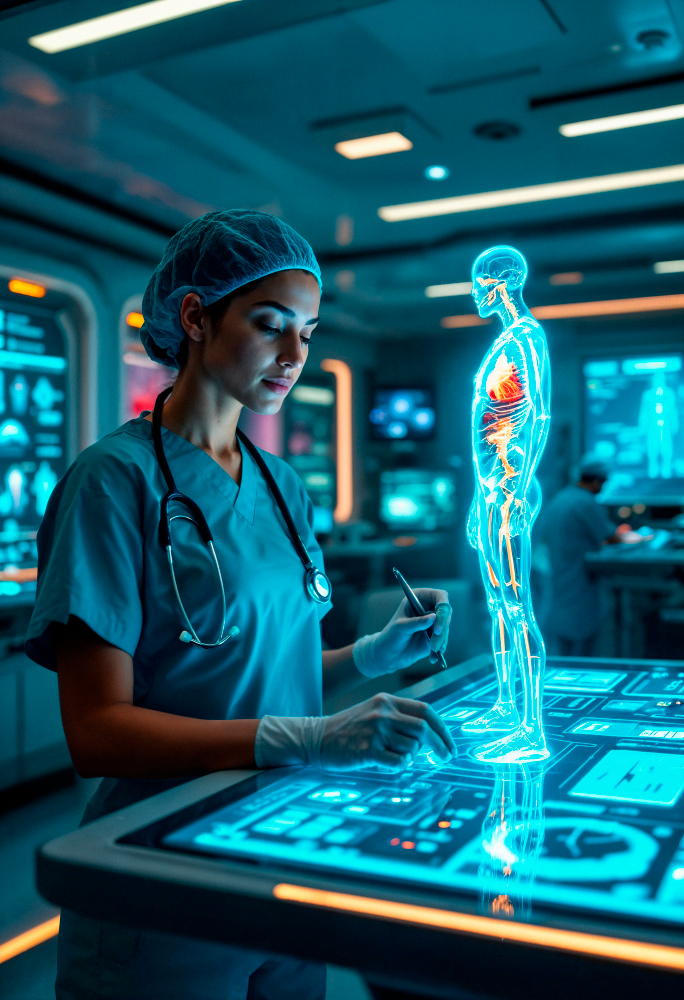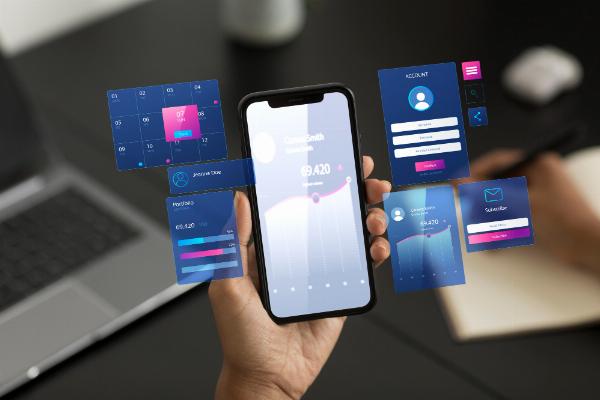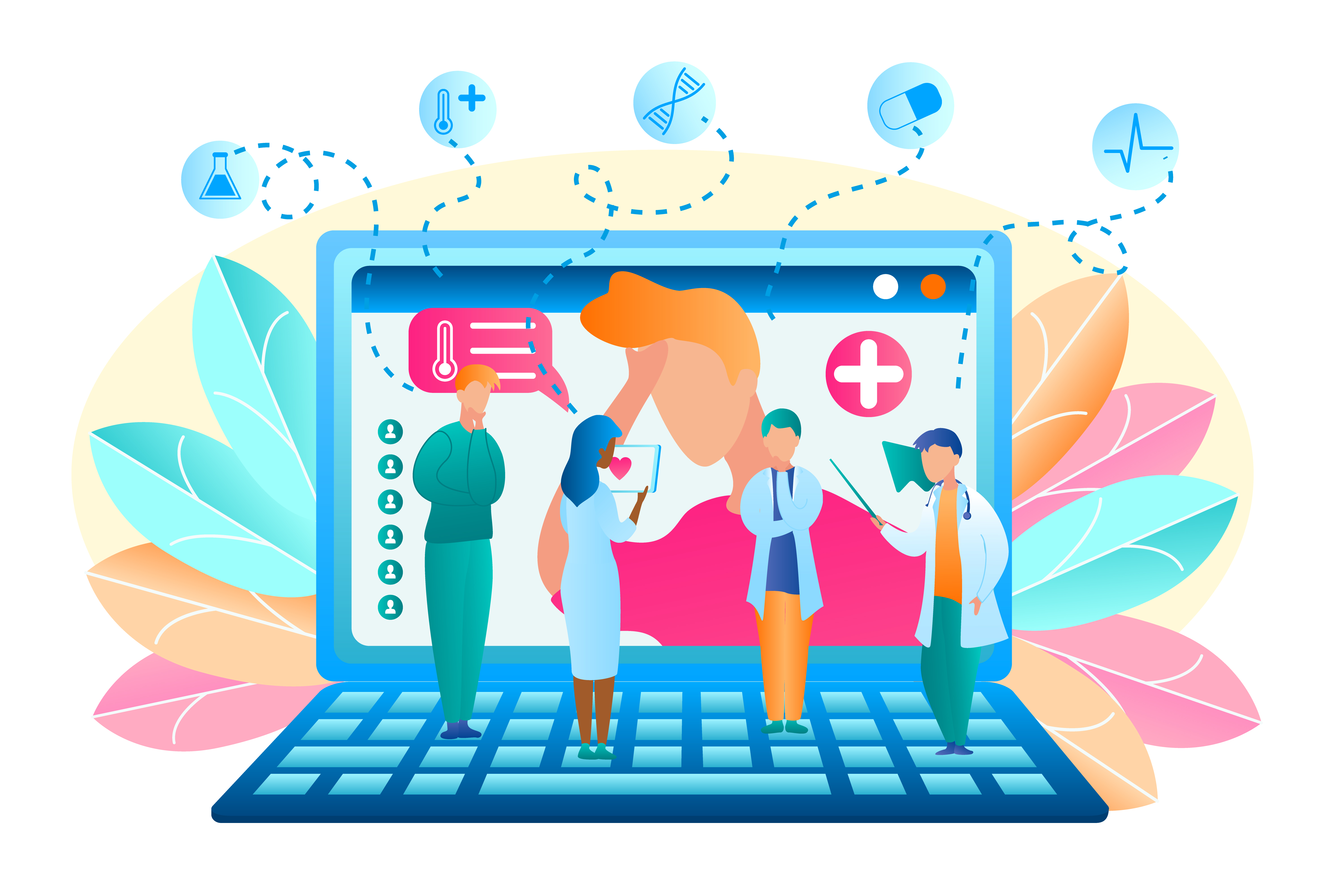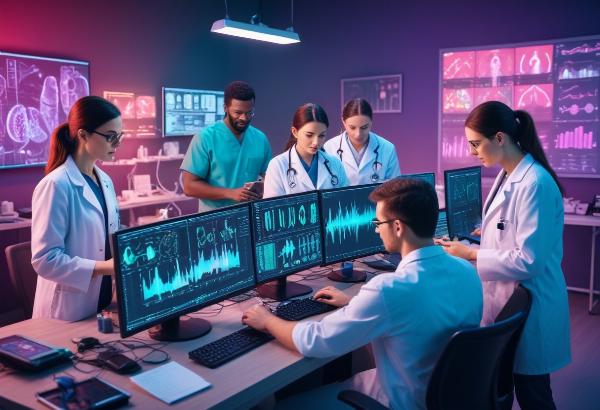Top AI-Powered Solutions Revolutionizing Healthcare Workflows

The healthcare industry is undergoing a massive transformation, thanks to Artificial Intelligence (AI). From automating routine administrative tasks to enhancing diagnostics and personalized treatment, AI is streamlining workflows, reducing costs, and improving patient outcomes. In this blog, we explore the top AI-powered solutions that are revolutionizing healthcare workflows.
1. AI-Driven Medical Imaging and Diagnostics
Medical imaging plays a crucial role in diagnosing diseases, but manual analysis can be time-consuming and prone to errors. AI-powered imaging solutions use deep learning algorithms to analyze X-rays, MRIs, and CT scans with remarkable accuracy. Companies like Google’s DeepMind and IBM Watson Health have developed AI models that assist radiologists in detecting conditions such as cancer, fractures, and neurological disorders faster and with greater precision.
2. AI-Powered Clinical Decision Support Systems (CDSS)
AI-driven Clinical Decision Support Systems help healthcare professionals make more informed decisions by analyzing patient data and providing real-time recommendations. These systems integrate with Electronic Health Records (EHRs) to suggest diagnoses, treatment options, and risk assessments. AI-powered CDSS improves accuracy, reduces errors, and enhances patient safety.
3. Predictive Analytics for Disease Prevention
AI-driven predictive analytics can analyze vast amounts of patient data to identify risk factors and predict potential health issues before they become critical. By using machine learning models, hospitals can proactively manage chronic diseases, reduce hospital readmissions, and personalize treatment plans. AI applications in predictive analytics are helping prevent conditions like heart disease, diabetes, and sepsis by providing early warnings to healthcare providers.
4. AI-Enabled Chatbots and Virtual Assistants
AI-powered chatbots and virtual assistants are transforming patient engagement and administrative workflows. These intelligent bots can schedule appointments, answer patient queries, provide medication reminders, and even triage symptoms before a doctor consultation. This reduces the burden on healthcare staff while enhancing patient experience and accessibility.
5. Robotic Process Automation (RPA) for Administrative Efficiency
Administrative tasks such as medical billing, insurance claims processing, and data entry consume valuable time and resources. AI-driven Robotic Process Automation (RPA) automates these repetitive tasks, reducing human errors and improving efficiency. By streamlining operations, healthcare organizations can focus more on patient care rather than paperwork.
6. AI-Powered Drug Discovery and Development
The traditional drug discovery process is expensive and time-intensive. AI accelerates this process by analyzing biological data, identifying potential drug candidates, and predicting their effectiveness. Pharmaceutical companies are leveraging AI to reduce the time required for clinical trials and bring new drugs to market faster. AI-driven platforms like Atomwise and BenevolentAI are at the forefront of this revolution.
7. AI-Enhanced Remote Patient Monitoring (RPM)
With the rise of telehealth, AI-powered Remote Patient Monitoring (RPM) solutions are becoming essential for managing patients with chronic illnesses. AI algorithms analyze real-time data from wearable devices and sensors to detect anomalies and alert healthcare providers when intervention is needed. This ensures timely care and reduces unnecessary hospital visits.
8. AI in Personalized Medicine
AI is enabling personalized medicine by analyzing genetic data, patient history, and lifestyle factors to tailor treatments to individual needs. This approach enhances treatment efficacy and minimizes adverse effects. AI-driven platforms like Tempus and IBM Watson Genomics are revolutionizing oncology by providing precision medicine solutions for cancer patients.
Conclusion
AI-powered solutions are not just enhancing healthcare workflows; they are reshaping the industry as a whole. By improving efficiency, accuracy, and patient engagement, AI is making healthcare more accessible, affordable, and effective. As AI technology continues to evolve, its impact on healthcare workflows will only grow, paving the way for a smarter and more connected healthcare ecosystem.
Are you ready to embrace AI in healthcare organizations? The future of healthcare is here!
Note: IndiBlogHub features both user-submitted and editorial content. We do not verify third-party contributions. Read our Disclaimer and Privacy Policyfor details.







